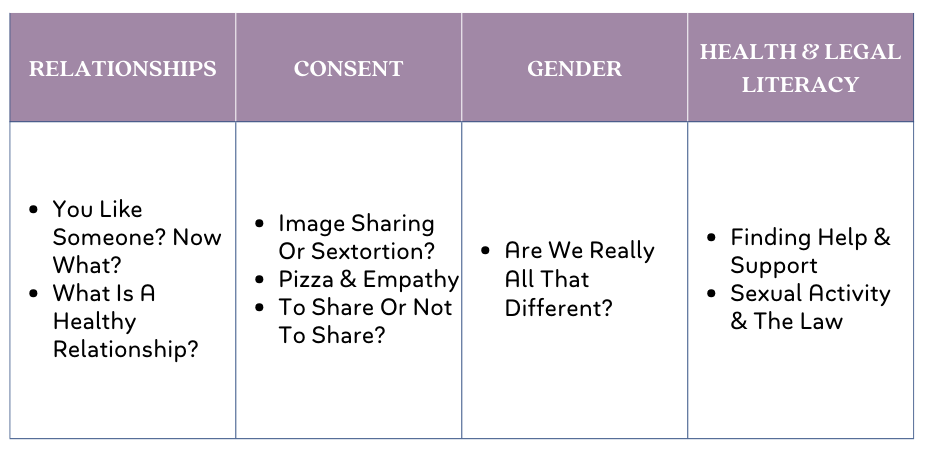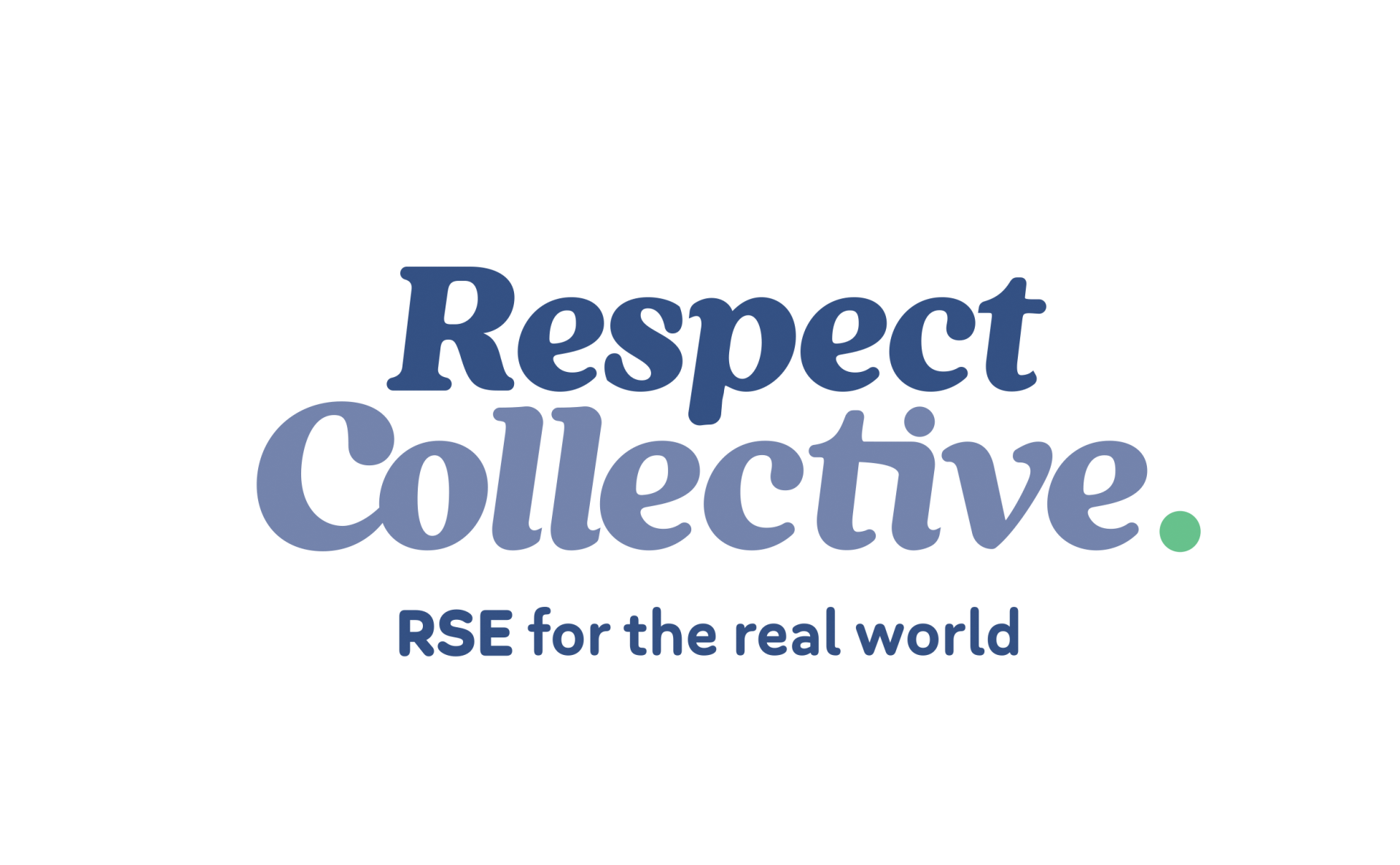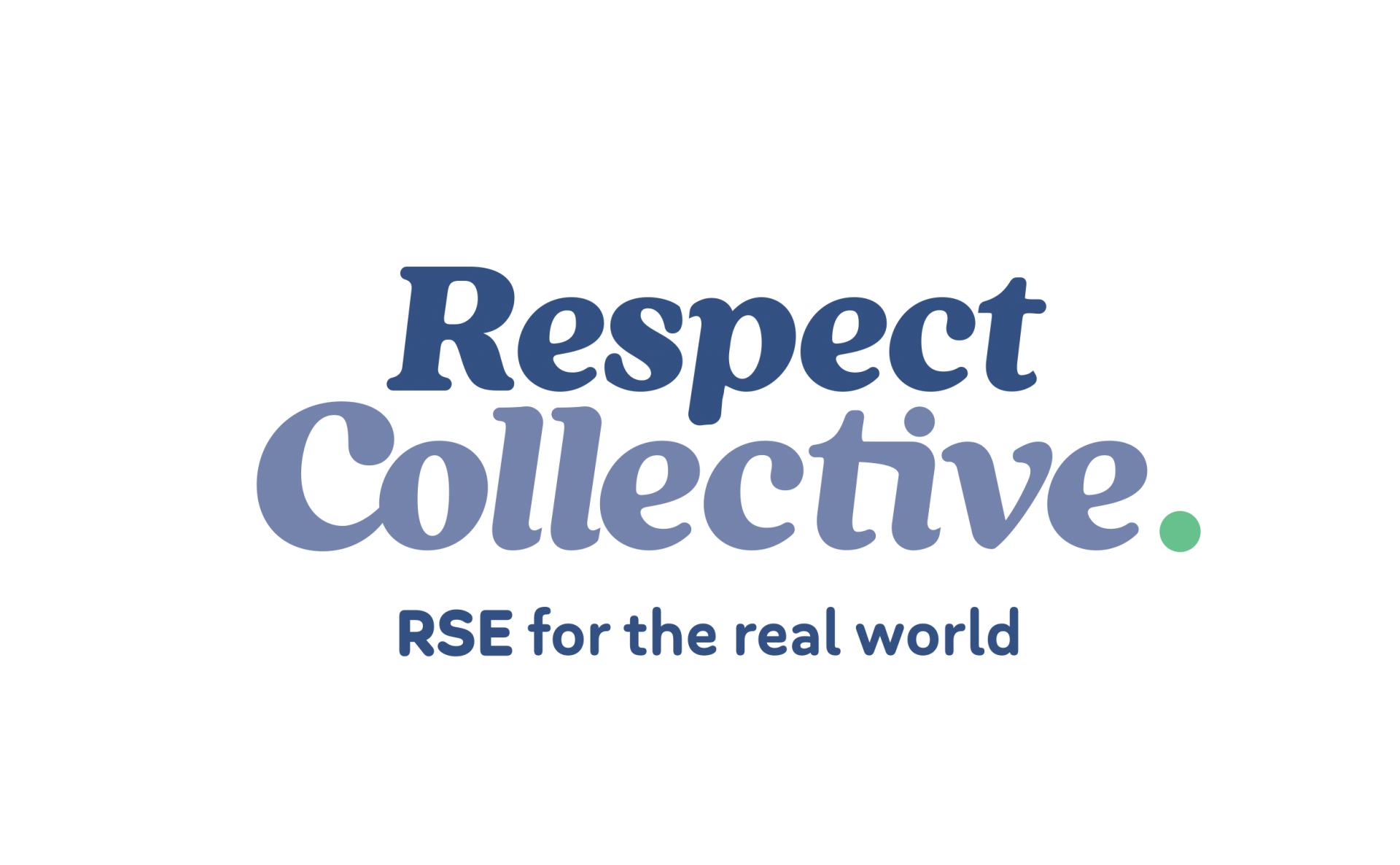In this
You Like Someone? What Now? lesson, students will be introduced
to the concepts of attraction and respectful communication.
The lesson starts with a short video on attraction from La Trobe University, with students analysing the messaging and advice presented and its relevance to their own experiences. They will explore useful conversation starters and the way communication is shaped by gendered expectations. The last activity is focused on active listening, providing an opportunity for students to experience what it is like to be listened to or not.
Each lesson ends with a consolidation activity, inviting
students to list 1 thing they have learnt from the lesson, 1 thing they already
knew, 1 piece of advice they would share with a friend, and 1 adult or
organisation that would be helpful in relation to the lesson topic.
This lesson is based on work from the
“Practical Guide to Love, Sex and
Relationships” resource by Latrobe University.


